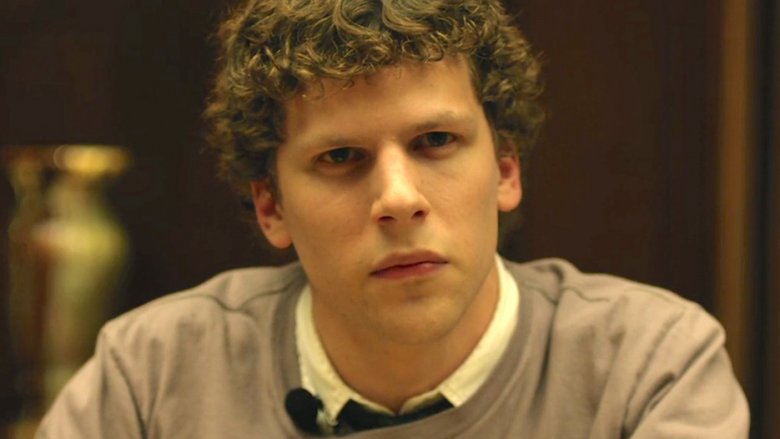It sounds like an obvious thing to say, but the world we live in is very different from the worlds that we see in film and television. It’s part of what makes them special, it often allows us to escape or to simply to view things from a different perspective. But despite this, it can sometimes be difficult to accept when someone or something is presented in a different way from what you know, especially if it’s a subject you’re close to.
It’s a regular thing to see real-world events and people represented in film, with creators opting to deviate from fact and into fiction, and the recent release of Quentin Tarantino’s Once Upon a Time… In Hollywood, is no exception. Inevitably people have commented on the varying degrees of accuracy present in the film. Dianne ‘Snake’ Lake, former member of the infamous ‘Manson Family’, spoke of how accurately the film portrays the cult; yet, more publicly there has been the criticism from Shannon Lee, daughter of Bruce Lee. She was understandably upset over how the film mocks her father, depicting him as arrogant and pretentious, while Tarantino, who’s no stranger to controversy, dismissed Lee’s protests by saying that was how he believed he acted.
There have been other cases where people have objected to the way in which they have been portrayed on film, with varying degrees of hostility. Since the release of the sports drama film The Blind Side in 2009, the subject of the biopic, Michael Oher, has expressed his disappointment surrounding the film. Oher disagrees with how helpless the film makes him out to be and he went on to say how the film has held his sporting career back as a result. Following another sports drama, this time 2011’s Moneyball, baseball coach Art Howe complained that the film damaged the good reputation that he had spent his entire career building while also describing Phillip Seymour Hoffman as too ‘heavy’ to play him.
Elsewhere the 2013 film The Fifth Estate, which details the creation of Wikileaks and its founders Daniel Domscheit-Berg and Julian Assange, was criticized by the latter for his portrayal. Assange objected to the presence of the film as a whole, but wrote to the film’s star Benedict Cumberbatch, in an attempt to dissuade him from continuing with the project. Other biopic subjects such as Mark Zuckerberg and Winnie Mandela also had objections to their portrayal, with Zuckerberg taking issue with the fact that The Social Network suggests his only motivation for creating Facebook was to get girls and Mandela objecting to the fact that nobody consulted her on how her life would be presented.
The representations of certain people and events will never be completely ‘accurate’, nor will it align with that everyone thinks. Is ‘accurate’ even the right term to use? What one person thinks of themselves may be completely different to what someone else sees. Moreover, a person is likely to be perceived differently by their son or daughter in comparison to how someone more distant would perceive them. It all really comes down to perspective.It’s also worth remembering that people and events can be represented to widespread acclaim. HBO’s Chernobyl was universally praised, while other biopics such as Selma or The Big Short are considered accurate. Once again it all ties in with perspective, it’s how the creators want to use or present the story. For some stories, complete accuracy is enough, while for others, liberties might be taken with details to increase the impact of certain scenes which can benefit the story and the message. Sometimes it works, sometimes it just backfires. In the case of Tarantino, he’s just opened up yet another can of worms.
Image Credit: Sony Pictures

